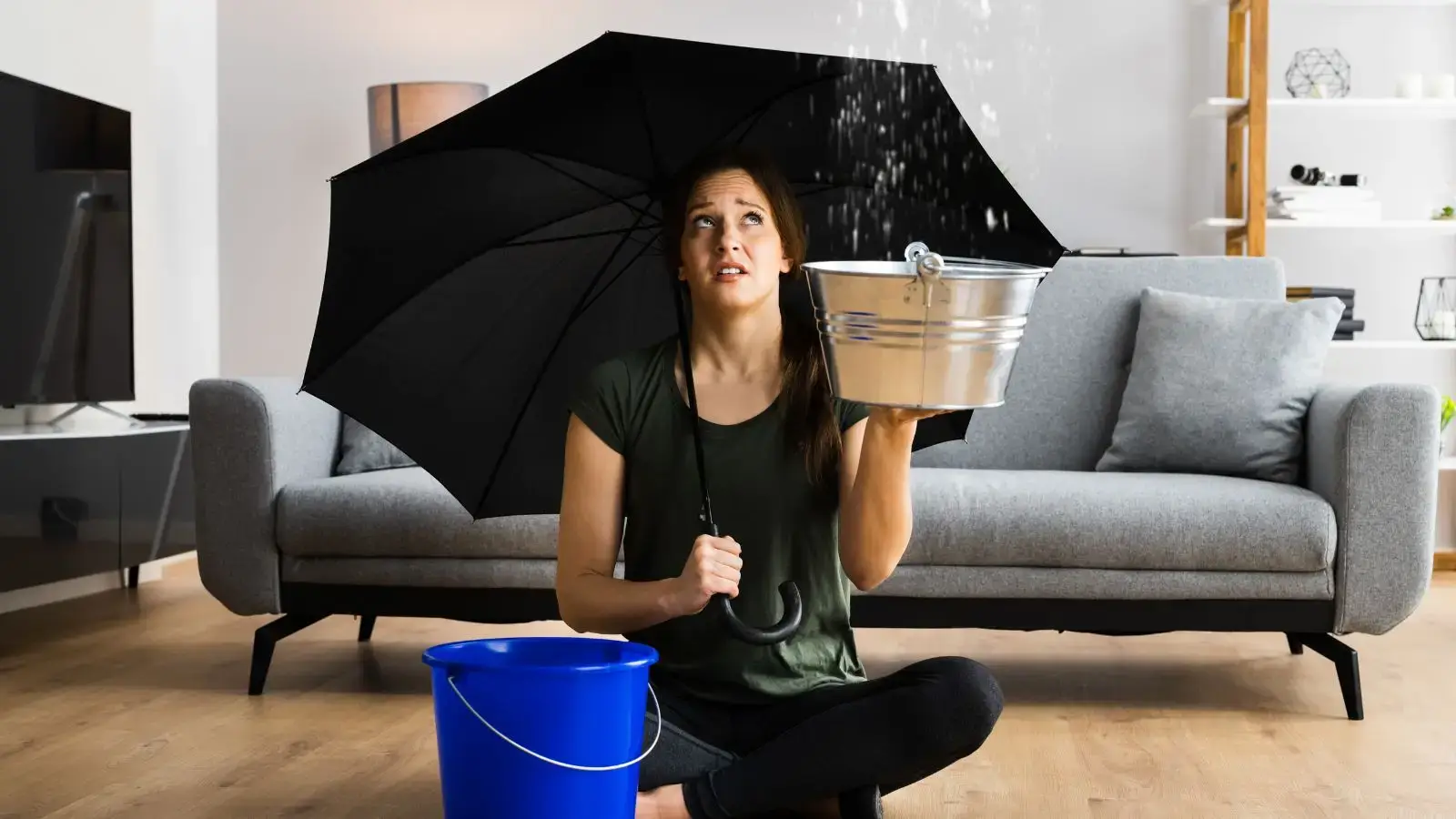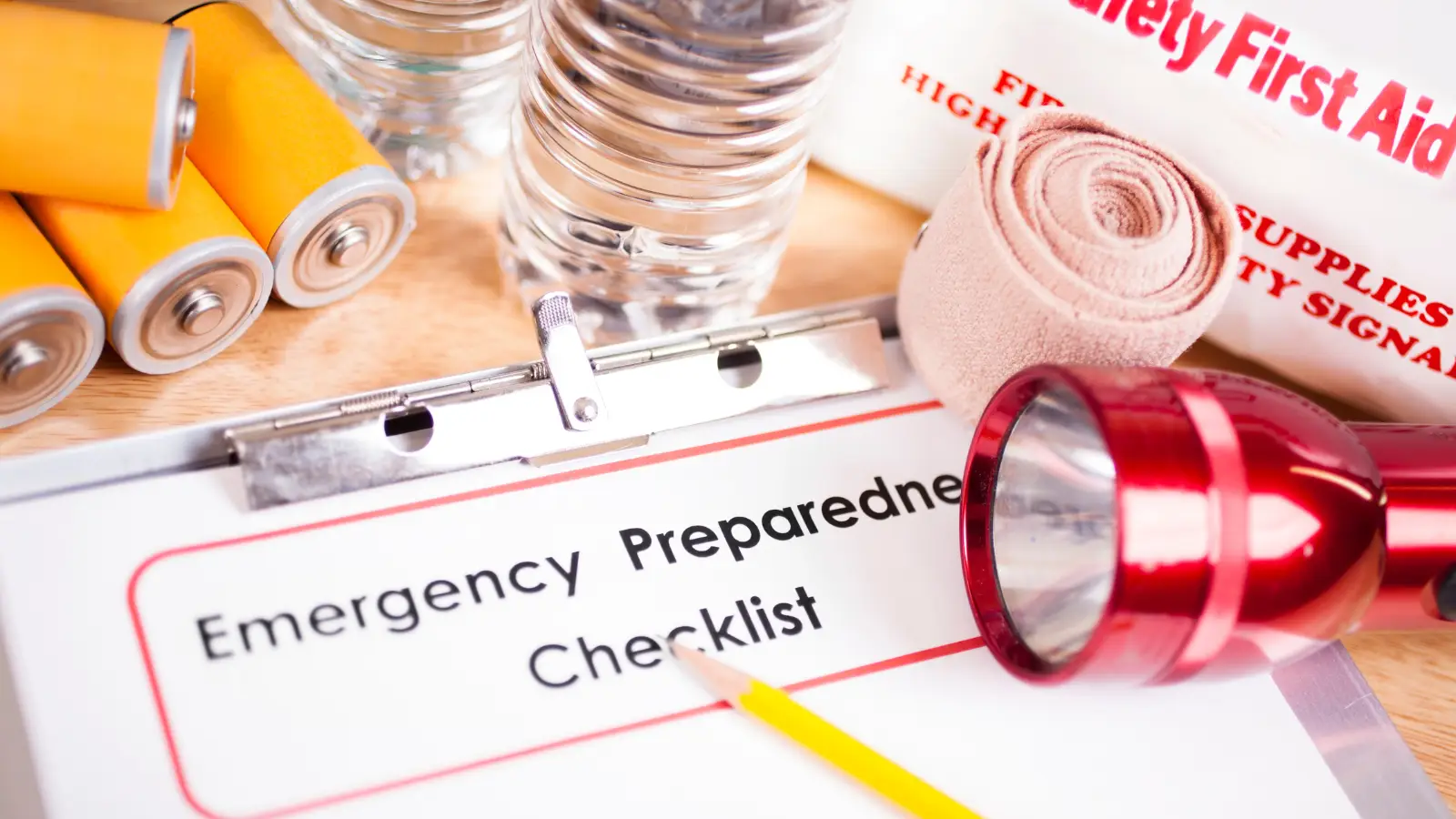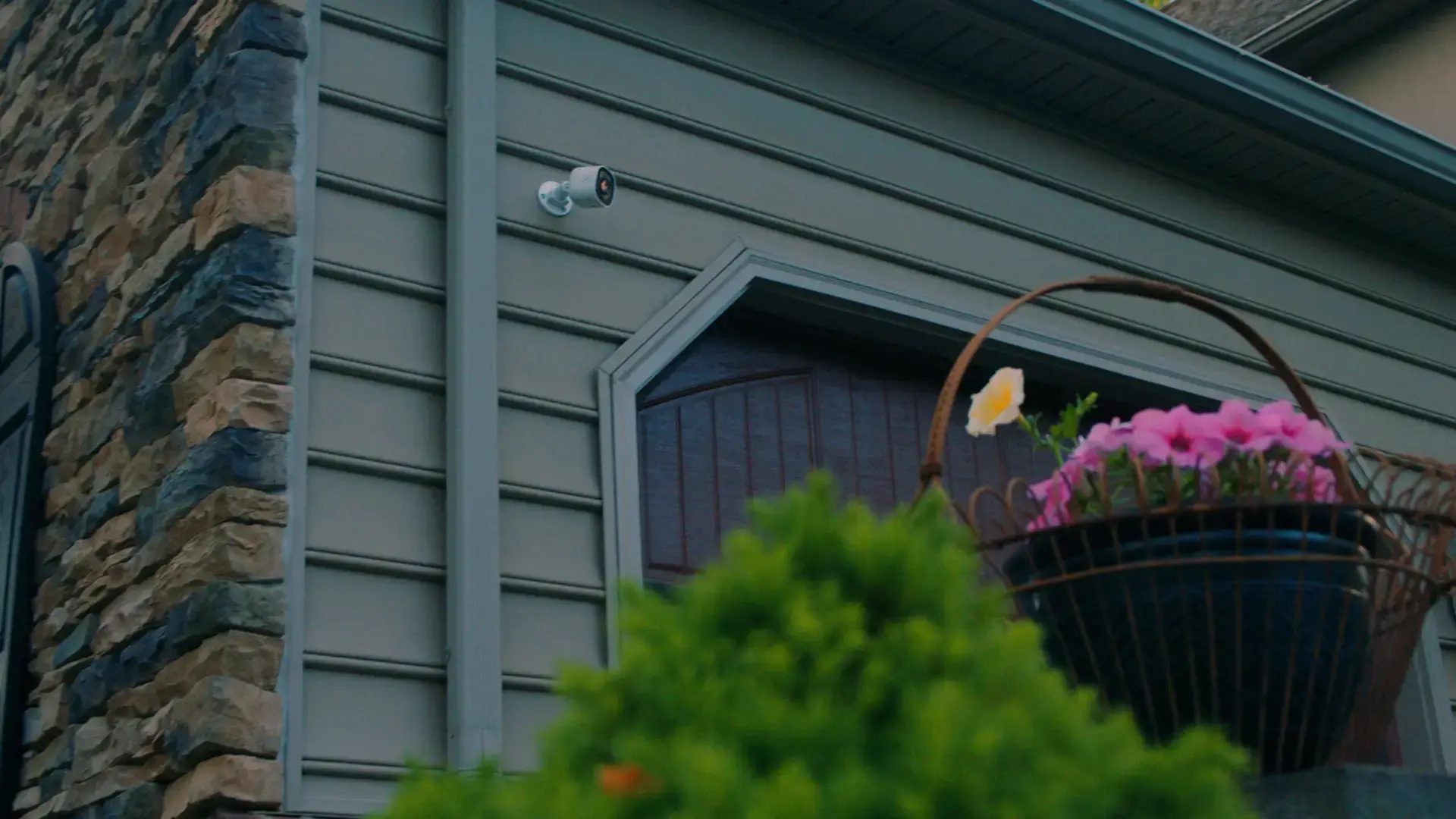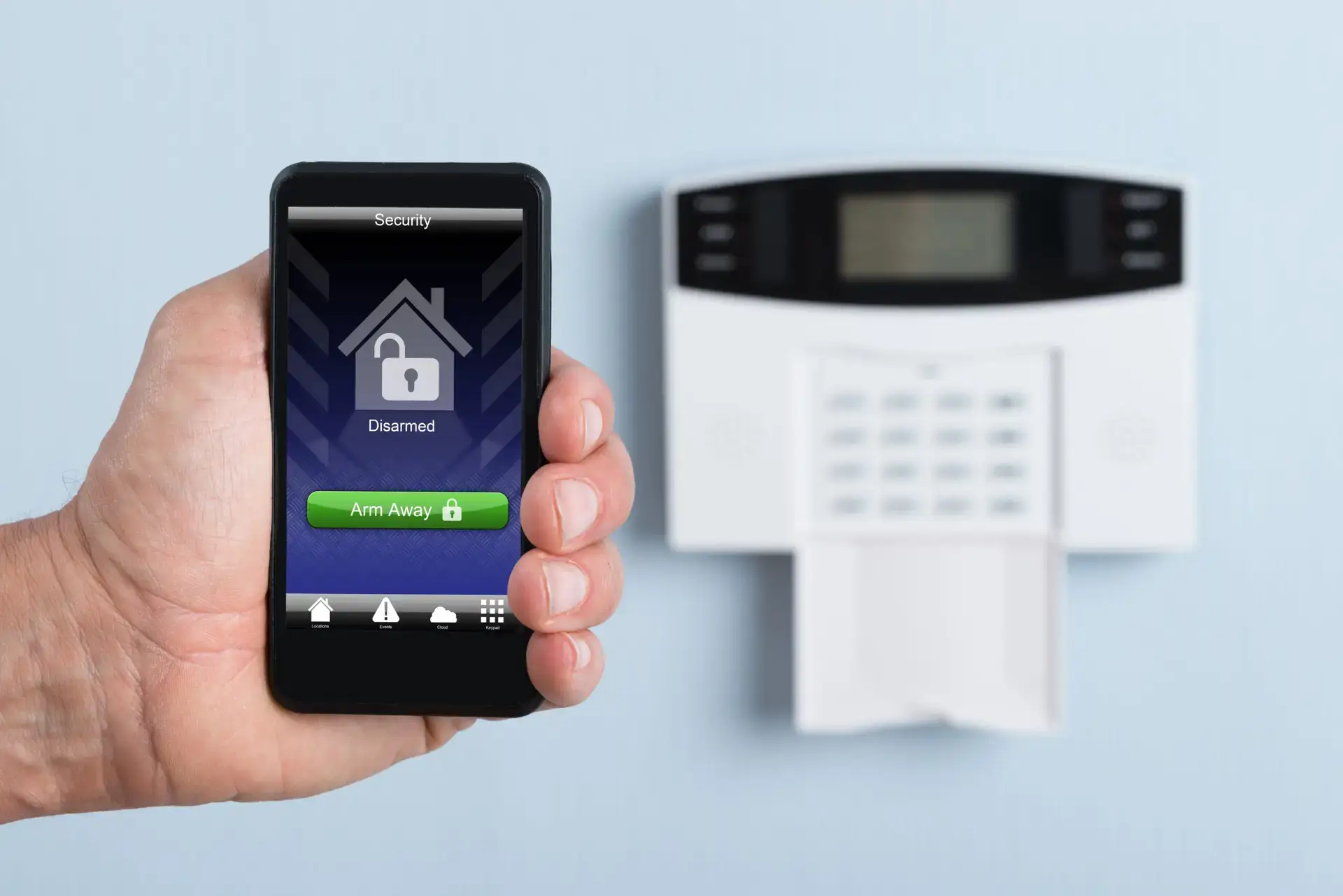Water damage can be an expensive and time-consuming problem to fix, so it’s important to take steps to prevent these problems from occurring. Installing a high-quality water sensor alarm is one of the best ways to protect your home from water damage and leaks. These alarms are designed to detect any changes in the amount of water flow, alerting you when a potential issue needs attention. In this blog post, we will discuss what 7 features you should look for when shopping for a water sensor alarm that will give you peace of mind and keep your home safe.
Table of Contents
Smart Water Valve + Meter from Alarm.com on Vimeo.
Why It’s Important to Have a Water Sensor Alarm
Water damage can have far-reaching consequences beyond just the physical damage to your home. If left unaddressed, mold growth and other health hazards can arise.
Additionally, the financial cost to repair water damage can be staggering, often costing homeowners tens of thousands of dollars.
Water Damage Statistics:
- About 1 in 60 insured homes makes a claim for water or freezing damage each year.
- 98% of basements in the U.S. will experience some water damage at least once.
- The typical price range to restore water damage across is between $1,240 and $5,342.

This is why it’s important to have a water sensor alarm in your home. These alarms will alert you to potential leaks or flooding before damage occurs, giving you time to shut off the water and mitigate the problem.
With a water sensor alarm in place, you can have peace of mind knowing that you have taken the necessary steps to protect your home and loved ones from water damage.

Using Alarm.com software – we can detect leaks and shuts them down immediately.
If you’re home, you can turn off your water supply from your app to prevent damage.
If you’re away, your Smart Water Valve+Meter takes care of it for you.
What Are the Most Common Causes of Water Damage?
Water damage can be caused by a variety of factors, both internal and external.
Internal causes of water damage can include:
- leaking or frozen pipes
- leaking appliances (such as dishwashers, washing machines, and refrigerators)
- faulty plumbing
- overflowing toilets
External causes can include:
- heavy rain or storms
- flooding
- sewage backups
It’s also worth noting that not all water damage is immediately apparent. Slow leaks or seepage can go unnoticed for a long time, leading to mold growth, wood rot, and other forms of structural damage.
This is why it’s important to have a water sensor alarm installed in your home, as it can detect these small leaks and alert you to potential problems before they escalate.
7 Features To Look For When Shopping For A Water Sensor Alarm
When shopping for a high-quality water sensor alarm, there are several features to consider.
- One of the key features to look for is flood detection capabilities. This means that the sensor alarm can detect rising water levels and immediately alert you to potential flooding.
- Some advanced sensor alarms come with backup battery power to ensure they can continue functioning even if there is a power outage.
- Another important factor to consider is the range of the sensor. Some sensors have a limited detection range, which may not be sufficient for larger homes or multi-story buildings. Look for alarms with a long detection range, so you can be sure that your entire property is covered.
- Accuracy is also a critical factor. You want a sensor alarm that can accurately detect even small amounts of water flow so that you can catch leaks early and prevent water damage.
- Some alarms come with features such as automatic shutoff valves, which can turn off the water supply in the event of a leak.
- Finally, consider the ease of installation and use. You want a water sensor alarm that is easy to install and can be set up quickly with minimal technical knowledge.
- Additionally, make sure that the alarm is easy to use and comes with clear instructions and support resources.

Will you install it yourself or hire a professional? 3 Factors to consider
When it comes to installing a water sensor alarm, the decision to do it yourself or hire a professional will depend on several factors.
- To start, if you understand plumbing and electrical systems well, installation may be relatively straightforward. However, if you’re unfamiliar with these systems, hiring a professional may be best to ensure the installation is done correctly.
- In addition, if you have a larger home or a more complex water system (such as a sprinkler or irrigation system), installing a water sensor alarm on your own may be more difficult. A professional can help ensure that the sensors are placed in the right locations for maximum effectiveness.
- Another factor to consider is the type of water sensor alarm you choose. Some alarms may be designed for DIY installation, while others may require professional installation for optimal performance.
Ultimately, deciding to install a water sensor alarm yourself or hire a professional will depend on your circumstances.
However, it’s important to note that proper installation can mean the difference between a reliable and effective system and one that fails to detect water damage. So, if you’re unsure about your ability to install a water sensor alarm properly, it’s best to seek professional assistance from a company like APS.
Recap: Purchasing a Water Sensor Alarm
A water sensor alarm is a great way to protect your home from the costly damages caused by flooding, pipe breaks, and other water-related disasters. When shopping for an alarm, it’s important to consider features such as flood detection capabilities, battery backup power, detection range accuracy, automatic shutoff valves, and ease of installation and use.
Whether you install the system yourself or hire a professional like APS will depend on your circumstances.
However, with proper installation and maintenance of your water sensor alarm, you can rest assured that your property is safe from potential damage due to leaks or floods.
Other Home Safety Articles You May Enjoy:





